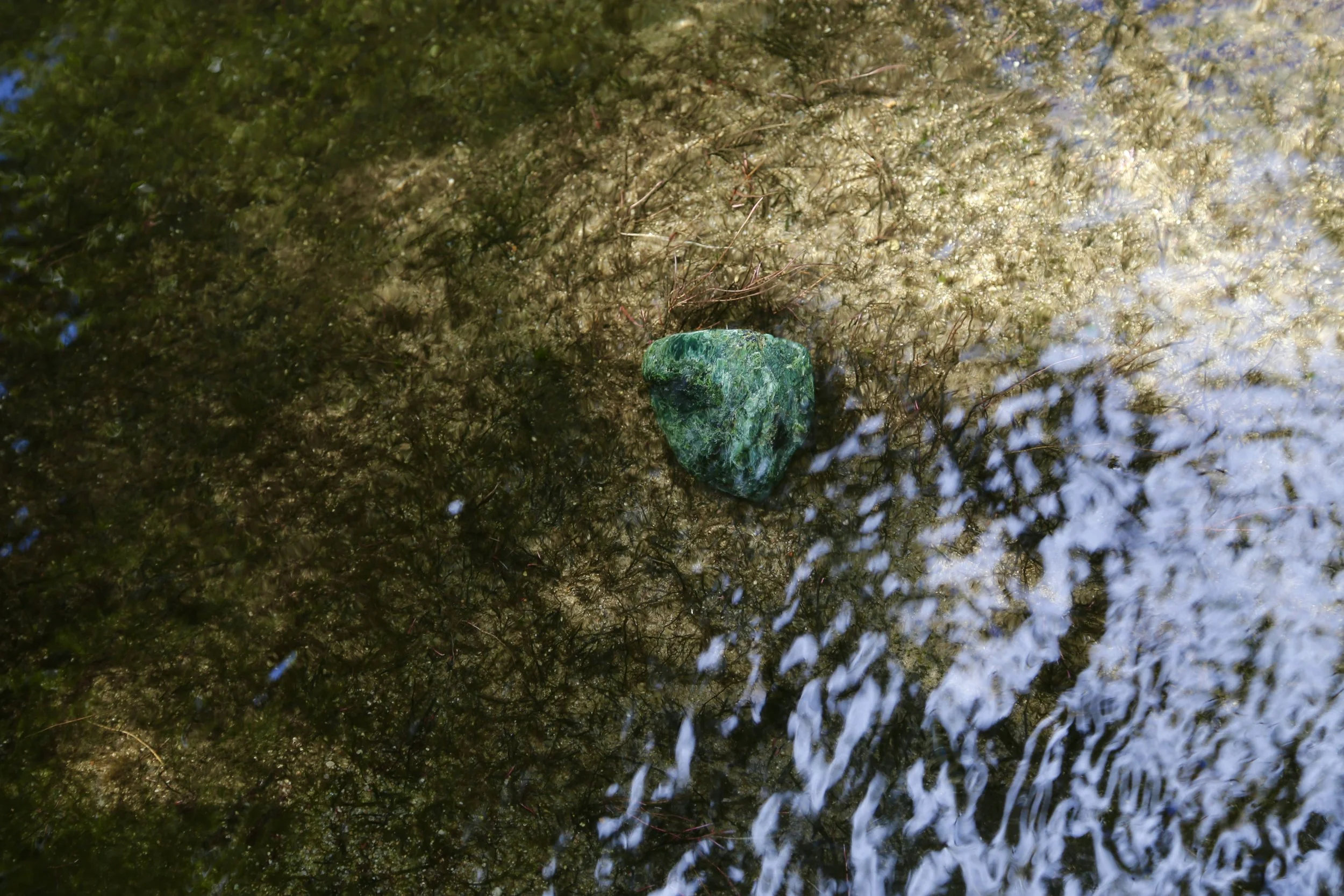
Ngā Rangahau
He Kai Kei Aku Ringa
A Kaupapa Māori Approach to Soldier and Veteran Wellbeing and Transition
This report shares findings from He Kai Kei Aku Ringa, a kaupapa Māori pilot project co-delivered by Toi Ohomai Institute of Technology and the New Zealand Defence Force. Grounded in the traditional Māori art forms of whakairo (carving) and raranga (weaving), the project explored how toi Māori can strengthen identity, resilience, and wellbeing for soldiers and veterans—during service and beyond.
Building on insights from the 2025 He Toa Taumata Rau research into Māori military-to-civilian transition, and the evaluation of Tāraia he Waharoa ki te Pā Whakawairua a Tū (the waharoa carving project at Burnham Military Camp), the findings affirm the transformative potential of culturally grounded practice. The report highlights how mātauranga Māori can inform more inclusive, holistic Defence Force policies that uphold wellbeing and support successful reintegration for military personnel.
Read the full report to discover how Māori art forms and cultural knowledge are helping to shape new pathways of healing, identity, and belonging for Māori soldiers and veterans—and how these insights can guide more culturally grounded approaches within the Defence Force.
Tāraia he Waharoa ki te Pā Whakawairua a Tū
Carving a gateway to the tactical home of Tū
This report presents the findings of Tāraia he Waharoa ki te Pā Whakawairua a Tū, a small evaluation undertaken in 2024 with soldiers involved in carving the waharoa at Burnham Military Camp under the guidance of master carver Caine Tauwhare. Conducted with approval from the New Zealand Defence Force Research Ethics Committee, the evaluation explored how and why serving personnel engage in whakairo, what outcomes they experience through this mahi, and how a pilot wānanga in whakairo and raranga might further support wellbeing and transition for Ngāti Tūmatauenga.
The project sits within the broader He Toa Taumata Rau kaupapa Māori research programme, which investigates Māori military-to-civilian transition. It builds on relationships and insights developed through that work—highlighting the value of toi Māori in affirming identity, enhancing cultural connection, and supporting the holistic wellbeing of both serving soldiers and veterans.
Read the full report to learn how this small evaluation of a whakairo project at Burnham Military Camp helped build the case for a kaupapa Māori wānanga within the NZDF—one that could explore the potential of carving and weaving to support identity, wellbeing, and transition for Ngāti Tūmatauenga.
He Toa Taumata Rau
A Kaupapa Māori Approach to Soldier and Veteran Wellbeing and Transition
This report was submitted to the New Zealand Defence Force as part of Lieutenant Colonel Martin Dransfield’s brief of evidence to the Waitangi Tribunal at the Wai2500 Military Kaupapa Claim hearing, held at Ohakea Tūrangawaewae in August 2025. It focuses on the vital role of veterans supporting veterans post-transition, especially Māori veterans, within ex-military, community. The report highlights the importance of grounding military-to-civilian transition support in tikanga and mātauranga Māori to enhance wellbeing and successful reintegration. Drawing on findings from He Toa Taumata Rau, it offers insights into how culturally informed approaches can improve the transition experience for Māori veterans.
He Pito Mata
Realising the Leadership Potential of Rangatahi Māori Veterans
This report presents the findings of a kaupapa Māori mini-research project led by emerging researcher Jamie Morgan Toka Tu Moana Emery, as part of the 2025 HRC Rangahau Hauora Training Grant. Developed under the wider He Toa Taumata Rau research project, He Pito Mata explores how military training and experience can support the successful reintegration and leadership potential of young Māori veterans in civilian life. Grounded in kōrero with former sailors now serving as leaders and mentors in their local Māori communities, the research offers powerful insights into Māori veteran identity, employability, and wellbeing beyond the uniform.
Read the full report to learn more about these rangatira in the making—and how their journeys can inform future support for Māori veterans.
He Iti Kahurangi
Gap analysis of Defence Force policies and processes related to military-to-civilian transition (MCT)
This report presents a gap analysis of the New Zealand Defence Force’s (NZDF) military-to-civilian transition (MCT) policy landscape, with a focus on its cultural responsiveness to Māori veterans. Using a desktop methodology, the report draws on Indigenous institutional theory, the Whānau Ora Outcomes Framework, and identity theory to assess the alignment of existing policies with kaupapa Māori principles. While current frameworks appear consistent with te ao Māori and the Treaty of Waitangi, notable gaps were identified in the practical implementation of these policies post-service. The report concludes with four key recommendations aimed at improving structural alignment, cultural integration, and veteran support throughout and beyond transition.





